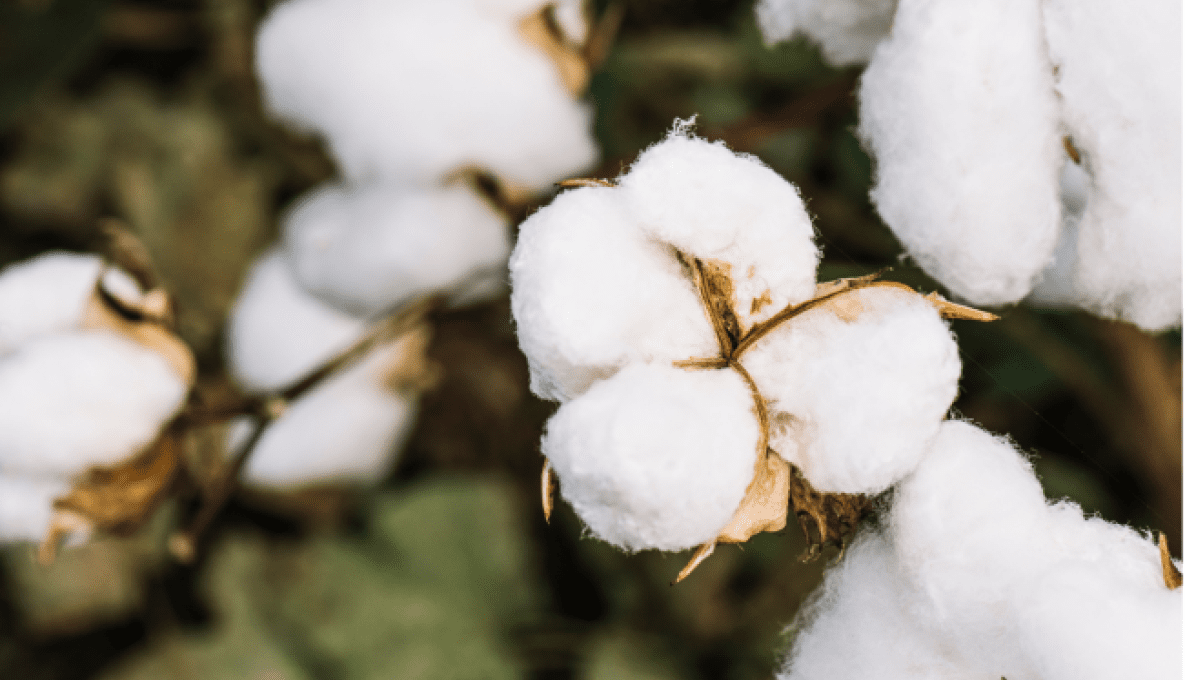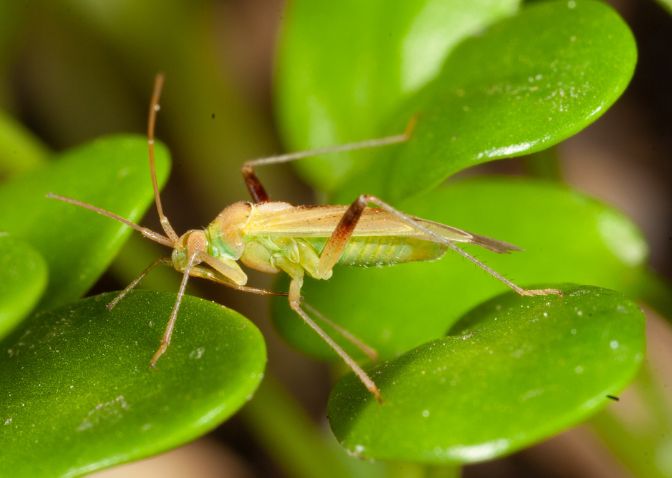
Biological controls offer new addition to farmers’ toolbox to better manage insect pests
Without pesticides the world could lose up to 50% of key food and fibre crops, devastating global supply. Through work undertaken by Dr Robert Mensah of NSW Department of Primary Industries (NSW DPI), in collaboration with the Cotton Research and Development Corporation (CRDC), effective biological control options for insect pests in cotton have been demonstrated and they are now seeking partners to commercialise these innovative solutions.

As more insects develop resistance to traditional insecticides, and society becomes increasingly averse to the use of chemical agents, effective integrated pest management programs will need a new addition to its arsenal.
This is where the acclaimed work of Dr Robert Mensah, Senior Principal Research Scientist, of NSW Department of Primary Industries (NSW DPI) comes in. Dr Mensah retired in July 2019, after an incredibly successful career to improving the sustainability and economic viability of the Australian cotton industry.
Since the early 1990s Dr Mensah, has been developing non-chemical and natural chemical pest control tools for use in cotton and other broadacre crops in Australia, Africa and Asia.
This includes an 18-year project in collaboration with the Cotton Research and Development Corporation (CRDC), resulting in the identification of a range of highly effective novel biological controls based on fungal isolates and plant extracts.
RELATED: Mycopesticide (fungal biocontrol agent) for lesser meal worm control
The NSW DPI and CRDC are now seeking partners to commercialise these novel controls and deliver them to industry in Australia and internationally.
Related organisations



Spores and sprays provide natural options to help manage insects
Dr Mensah said the initial idea was to harness the “natural enemies” of insect pests by encouraging beneficial insect activity in the crops, while also identifying complementary biological controls that could be deployed as part of an integrated pest management program (IPM).
“I wanted to develop what we call an integrated pest management plan based on biological control agents,” said Dr Mensah.
“IPM is not only biological control, it is a combination of biological control integrated with chemical control options, which should be used as a last resort. Using synthetic insecticides this way, you are reducing the amount of chemical used on the crop because it’s not being used alone.
“That brought me to the idea of saying, ‘What can be used in conjunction with chemicals to be able to get these IPM strategies going and achieving yields similar to what the farmer will get when they use chemicals alone?’ Then I started to think about using botanicals (such as plant extracts) and fungus, which is entomopathogens.”
Years of research and trials have resulted in the development of DAT511 (Metarhizium sp.), an entomopathogenic fungal isolate demonstrating effective control of insect pests in cotton.
Dr Mensah said DAT511 contains spores, which infect and eventually kill the insect pests. It is effective against a range of insect pests including Helicoverpa spp., green mirids, silverleaf whitefly, green vegetable bugs, rutherglen bugs, fruit fly and mealy bugs, while its efficacy against Fall Armyworm is subject to evaluation.
Three botanical products (plant extracts) code-named Plants W, Y and Z have also been identified, which have properties shown to modify the behaviours of insect pests including Helicoverpa spp. and sucking pests such as green mirids, green vegetable bugs and silverleaf whiteflies.
“The botanicals can kill the larvae, or nymphs, of moths and sucking pests, and also kill the adult stages of pests however the mortality in the adult is not as high,” explained Dr Mensah.
“Spraying botanical products on the crops can work in another three ways as well – it can reduce pest egg laying, it can repel adults from coming to live on the crop and it can also protect the crop from the insects feeding on it (antifeedant effect).
“All of these modes of action together make the botanical work as an effective biological control agent.
“We tested it and we know that it doesn’t kill a lot of beneficial insects like a synthetic chemical would do, so it is also conserving beneficial insects while killing a lot of these pests.”
RELATED: Cotton Research and Development Corporation – powering innovation in 2021

Reducing the risk of insects developing resistance to other products
A key outcome of introducing biological controls into IPM strategies is reduced reliance on synthetic chemical products.
Dr Mensah said the overuse of these products in the past has seen insects develop resistance to them.
“If you are using biological controls, you are going to reduce the amounts of synthetic insecticides being used, which will delay pest resistance to these insecticide products,” he said.
“The insects that can be resistant to synthetic chemicals are not resistant to the biological controls because they have different modes of action.
“By combining the two, you are taking away the resistant individuals and delaying resistance, as well as minimising environmental contamination.
“Otherwise, a time will come when nothing will kill the insects pests.”
Billions of reasons for commercial partners to harness biological controls
The current value of insecticides in Australia is more than $8 billion per annum, while the number of new biological products registered globally has increased each year, and over the past two decades the growth in biologicals and biopesticides has outpaced that of synthetic crop protection chemicals.
NSW DPI Director of Business Development, Bruce Finney said Dr Mensah’s research provides an ideal opportunity for companies to partner with NSW DPI and CRDC to help commercialise these novel products for crop protection and IPM.
This could include existing chemical businesses interested in diversified opportunities, or investors interested in alternate crop protectant products, with opportunities to either purchase or license the IP.
“NSW DPI and the CRDC are excited to see increasing global interest in the adoption of biological insect controls and are seeking opportunities arising to make the results of this unique research commercially available to farmers in Australia and internationally,” said Bruce.
This commercial opportunity is now closed. Please contact the team here if you would be interested in similar opportunities in the future.
Enjoyed this story? Sign up for our newsletter here and stay up to date with our latest stories, news and opportunities.
-crop-850x675.png)
Looking for engagement?
Showcase your commercialisation opportunity today.
Talk to our team to discuss how growAG. can connect your innovation to industry.
Have questions? Find answers to our most frequently asked questions on research projects, commercial opportunities, organisations and more.
